- Hello, I've read your books & done your Spine course. I absolutely love your work, thank you.
I've just come across the term Pandiculation - used by a top Qigong teacher who's 'sceptical' about the benefits of yin because it's circumvents the pandiculation response. Having done a bit of research I can't find it referred to in your books & just found this article.
I'm wondering whether it's something I should be concerned about in my yin practice?
I'm guessing you've considered it, but as I can't find a reference anywhere, I thought I'd post it here instead of the forum (I'm happy to post in there if you prefer).
Many thanks, Lesley
Hello Lesley
I have never heard of a pandiculation “response, before. Pandiculation is defined to be “a stiffening and stretching of the trunk and extremities (as when fatigued and drowsy or after waking from sleep., However, I have seen some people try to expand the word to take on deeper significance. I don't believe this expanded view has been studied scientifically. There has been some speculation that pandiculation taps into the fascial system to help prepare us for the day (see this article.) These are all ideas, not proof.
In the link you sent me, the author makes many claims about the superiority of pandiculation, but she seems to have a much broader definition of the practice than the medical community. She is focussed purely on the muscles but stretching involves so many other factors and body parts like fascia that I found her views simplistic. I found many claims she makes that are problematic and highly debatable, but it would take me an hour or more to go through all of them. I don't believe this is useful because what is more important than her claims is your experience.
What do YOU feel when you do yin yoga? Does it work for you? Do you feel better? Has it help you regain and/or maintain your functional range of motion? Or, has it been painful, harmful or detrimental to you?
Who cares what scientific analysis, biomechanical supposition or other conjectures people make if they do not agree with your experience. The role of science is to take the data and create a model that fits the data, not the other way around. If you say “Yin yoga really works for me, then it is up to the scientist to wonder why it works for you, not to show you why your experience is faulty. Scientists who ignore data are cheating.
Whenever you find some practice or process that works for you, do not deny that reality! While it is great to understand why it works, do not let someone else's dogma get in the way of your reality. (Caution, however! By saying “it works for you, I am not alluding to some self-deception or wishful thinking. Working in this context should be clear, constant and measurable in some way.)
Cheers
Bernie
